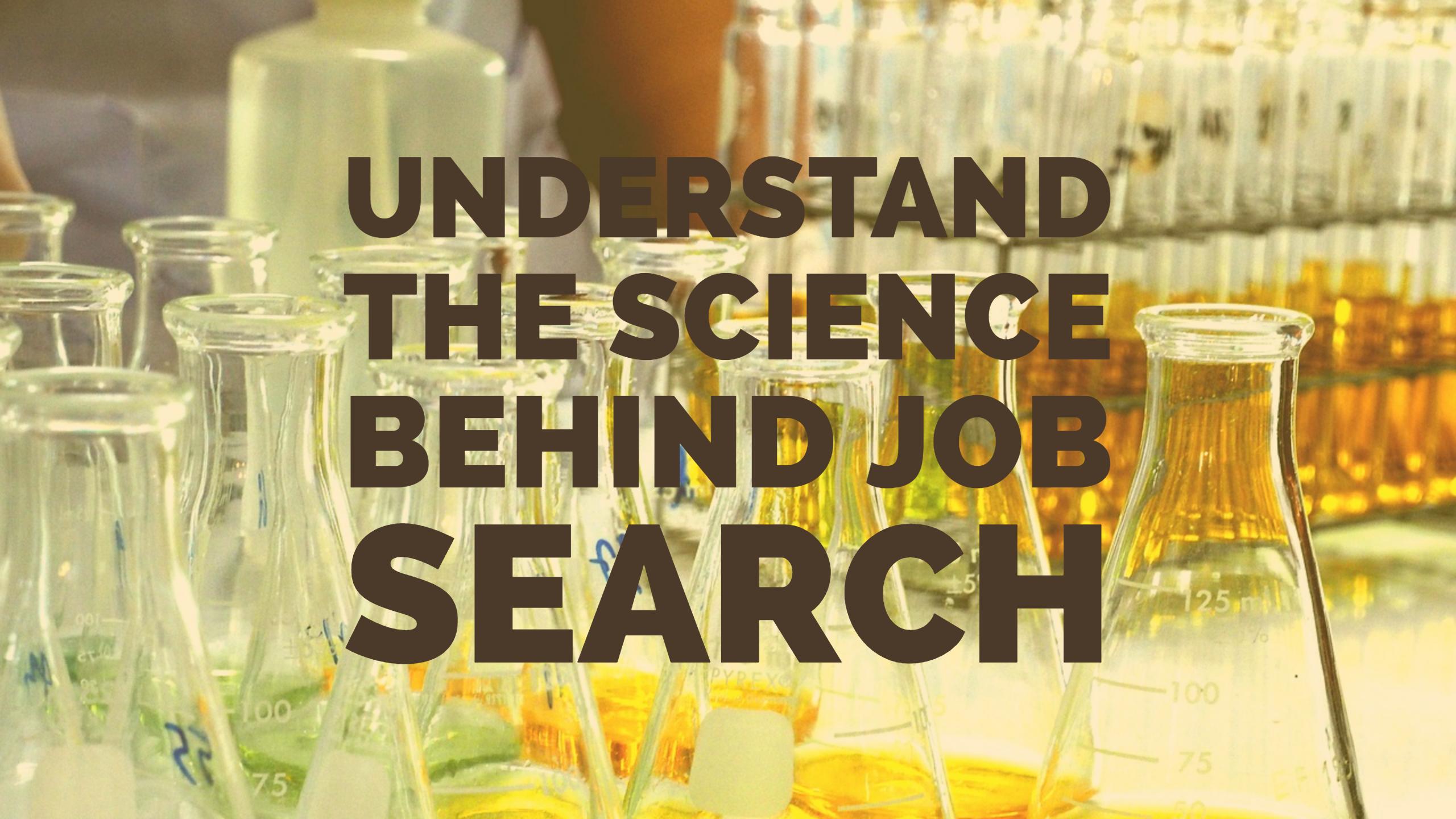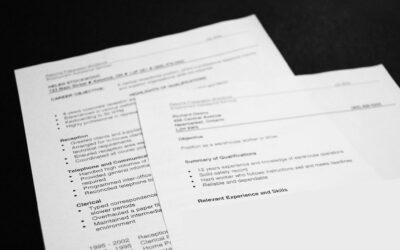After citing some very interesting statistics the key findings were:
- On average, it takes just under 28 days from the time someone applies for a job to being hired.
- The average number of candidates interviewed ranges from seven at the C-suite level to five at the associate level.
- C-suite candidates go through an average of five interview sessions, while associate-level candidates sit through three.
- Referred applicants are five times more likely than average to be hired, and 15 times more likely to be hired than applicants from a job board.
- 78 percent of recruiters cite enthusiasm as the quality most likely to influence a hiring decision after an initial in-person interview, followed by a good command of the job requirements (76 percent) and conversation skills (73 percent).
- Just 26 percent of recruiters surveyed consider cover letters to be important.
My takeaways from this article are:
Our experience is that our participants are taking somewhat longer than 28 days, our statistics show that 57% of our participants land in less than 60 days. And that it is not uncommon to have 3 – 4 week periods between interviews. This may be more a function of the concentration of energy related job seekers and the recent slowdown in the energy industry.
It bears out our belief that job boards are the least effective method of job search, referred applicants are 15 times more likely to be hired than applicants from a job board. I know that online job search gives the illusion of productivity – at the end of the day you can say “I applied for 6 jobs today!” and feel you are moving forward. But, there is always someone more aggressive who is working to find the hiring manager and make a connection. You may be the perfect candidate, but the referred candidate is so much more trusted they get the interview and offer.
“78% of recruiters cite enthusiasm as the quality most likely to influence a hiring decision”, that ranks equally with “good command of the job requirements” at 76%.
It isn’t enough to know your job, you have to make them believe you want the job and will work hard to accomplish the company’s goals.
Even today the old adage “Hire for passion first, experience second” is still true.
If you are getting referrals to jobs cover letters generally are not part of the process. But, if you are relying on job postings they are. Only 26% of recruiters consider cover letters important, but do you know which recruiters are in the 74% group and which are in the 26% group? Most likely you do not. So cover letters are still important, resumes and cover letters must be tailored to the opportunity. Job search, as in clothing, “one size fits all” is never true, in most cases what it really means is it doesn’t fit anyone.
These statistics are just that, statistics. Your individual results may be very different, but it is good to understand some of the science behind what you are doing.



